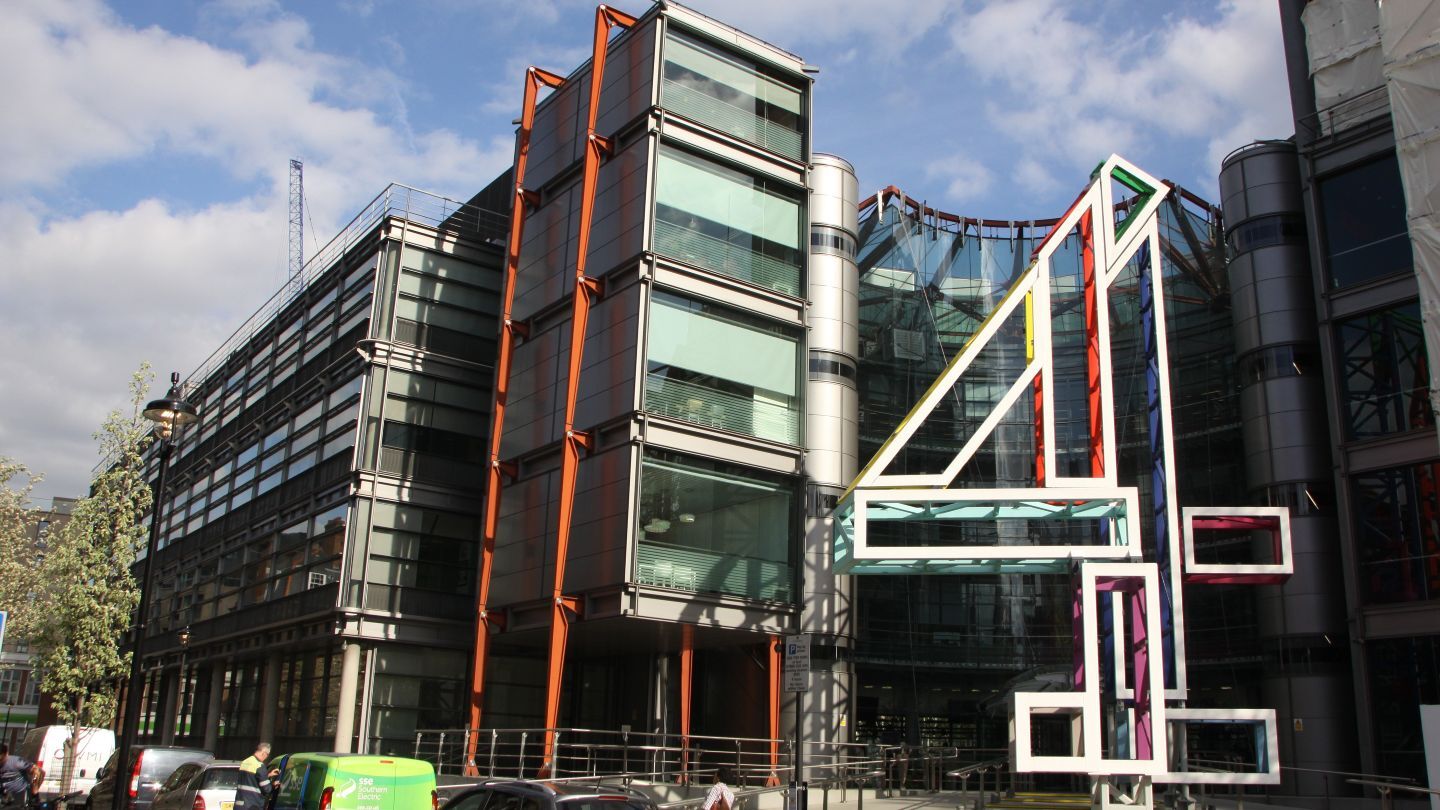Irish broadcaster RTÉ has published a reform plan that it says sets “a new direction for the radical transformation of the organisation.”
The broadcaster said the plan has been drawn up against the backdrop of an acute funding crisis that threatens the very existence of public service media in Ireland.

As part of the plan, RTÉ has confirmed that it will implement a series of cuts to planned expenditure in 2024 as part of a cost-control programme.
RTÉ said it was facing a potential €40m decline in TV Licence revenues in 2024, and to help close the funding gap it will implement a minimum of €10m cuts in expenditure planned for 2024. This will include cuts to content, to be confirmed in the coming weeks, an initial voluntary redundancy programme and an ongoing freeze on recruitment. It will also continue with an ongoing pause on discretionary spend and postpone a range of capital and strategic projects.
Among the key commitments in the plan are:
- A 50% increase in commissioning spend by 2028, as part of a hybrid-production model, which will see increased investment in independent production.
- Investment in production centres outside Dublin, including a planned Cork content hub, with renewed commitments to Limerick and Galway. In addition, the plan details a pathway toward digital transformation and personalisation, with increased investment in digital products and skills.
- A smaller RTÉ through investment in technology, skills and people, with a 20% net headcount reduction over the period of the 2024-2028 strategy, supported by a voluntary exit scheme.
- Prioritising live and on-demand content via digital products, reducing the cost of traditional broadcast distribution. RTE will therefore close the ’timeshift’ television channels RTÉ One +1 and RTÉ2 +1.
- It will also close RTÉ Radio 1 Extra, RTÉ 2XM, RTÉ Pulse and RTÉjr Radio, offering on-demand playlists and podcasts via a new audio app.
Kevin Bakhurst, Director-General of RTÉ, said: “The destination of this new direction plan is, ultimately, a better RTÉ. RTÉ will deliver high-quality programmes and content and will be more agile so that we can meet evolving audience needs. We will provide better value for money. We will work harder with the independent production sector and diversify outside of Dublin. Over its almost 100-year history, RTÉ has served the public through the talent, integrity and commitment of its staff. Whilst acknowledging that we need to reduce our workforce, we remain committed to supporting and developing the extraordinary people that we have both in RTÉ and across the industry.
“2024 will be a challenging year and one in which we will have to manage our cost base carefully. Hard choices will be made. My hope, however, is that we will enter 2025 armed with a robust strategy that makes the best use of the monies available to fund our national media service, monies we will invest as wisely and strategically as possible to improve the invaluable contribution of public service media to life in Ireland.”
You are not signed in
Only registered users can comment on this article.

SMPTE, EBU, and ETC research AI’s impact on the media
The Society of Motion Picture and Television Engineers (SMPTE) has teamed up with the European Broadcasting Union (EBU) and the Entertainment Technology Center (ETC) on a new engineering report on artificial intelligence (AI) and its effect on media.

Nigel Warner to succeed John McVay as CEO of Pact
UK producers' body Pact has named Nigel Warner, UK Policy Consultant to the Motion Picture Association and Special Counsel at Lexington, as its next CEO.

UK film and TV industry backs clean power plan
The UK film and TV industry has agreed on a plan to permanently shift to clean solutions for temporary power on sets.

Sky’s Priya Dogra to become Chief Executive of Channel 4
Priya Dogra will become the next Chief Executive of Channel 4. Currently Chief Advertising, Group Data, and New Revenue Officer at Sky, Dogra will succeed interim Jonathan Allan in March 2026.

One Battle After Another, The White Lotus, and Adolescence lead Golden Globe nominees
One Battle After Another, The White Lotus, and Adolescence have emerged as the frontrunning films and TV shows for the 2026 Golden Globes.


